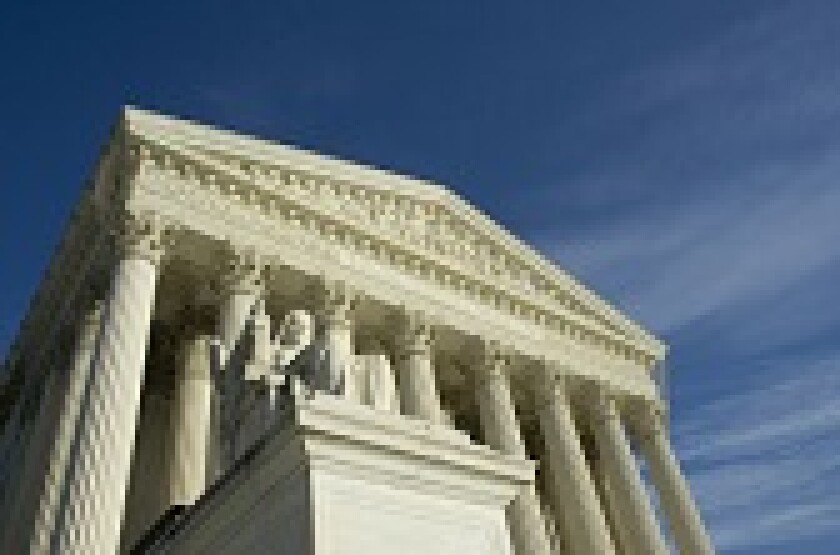The US Supreme Court has granted certiorari to WesternGeco v Ion Geophysical, a case that will consider whether lost profits arising from prohibited combinations occurring outside of the US are categorically unavailable in cases where patent infringement is proven.
WesternGeco’s petition was filed by Paul Clement of Kirkland & Ellis. Justice Alito took no part in the consideration or decision of the petition.
According to WesternGeco’s petition:
Under 35 USC § 271(f), it is an act of patent infringement to supply “components of a patented invention,” “from the United States,” knowing or intending that the components be combined “outside of the United States,” in a manner that “would infringe the patent if such combination occurred within the United States.”
Under 35 USC § 284, patent owners who prevail in litigation are entitled to “damages adequate to compensate for the infringement.”
In this case, despite affirming that Respondent was liable for infringement under § 271(f), the majority of a divided panel of the court of appeals held that Petitioner was not entitled to lost profits caused by the proscribed combination. The court of appeals reasoned that even when Congress has overridden the presumption against extraterritorial application of the law in creating liability, the presumption must be applied a second time to restrict damages.
The question presented is:
Whether the court of appeals erred in holding that lost profits arising from prohibited combinations occurring outside of the United States are categorically unavailable in cases where patent infringement is proven under 35 U.S.C. § 271(f).
In September 2016, the Federal Circuit issued a new opinion in the case after the Supreme Court remanded for further consideration in light of Halo v Pulse. The Southern District of Texas jury had previously found infringement and no invalidity as to all asserted claims and awarded WesternGeco $93.4 million in lost profits and a reasonable royalty of $12.5 million.
On remand, the Federal Circuit vacated the district court’s judgment with respect to enhanced damages for willful infringement under Section 284 and reinstated its earlier opinion reversing the lost profits award, holding that WesternGeco was not entitled to lost profits resulting from foreign uses of its patented invention.
David Healey of Fish & Richardson argued for Geophysical at the Federal Circuit, and filed its opposition brief at the Supreme Court.










